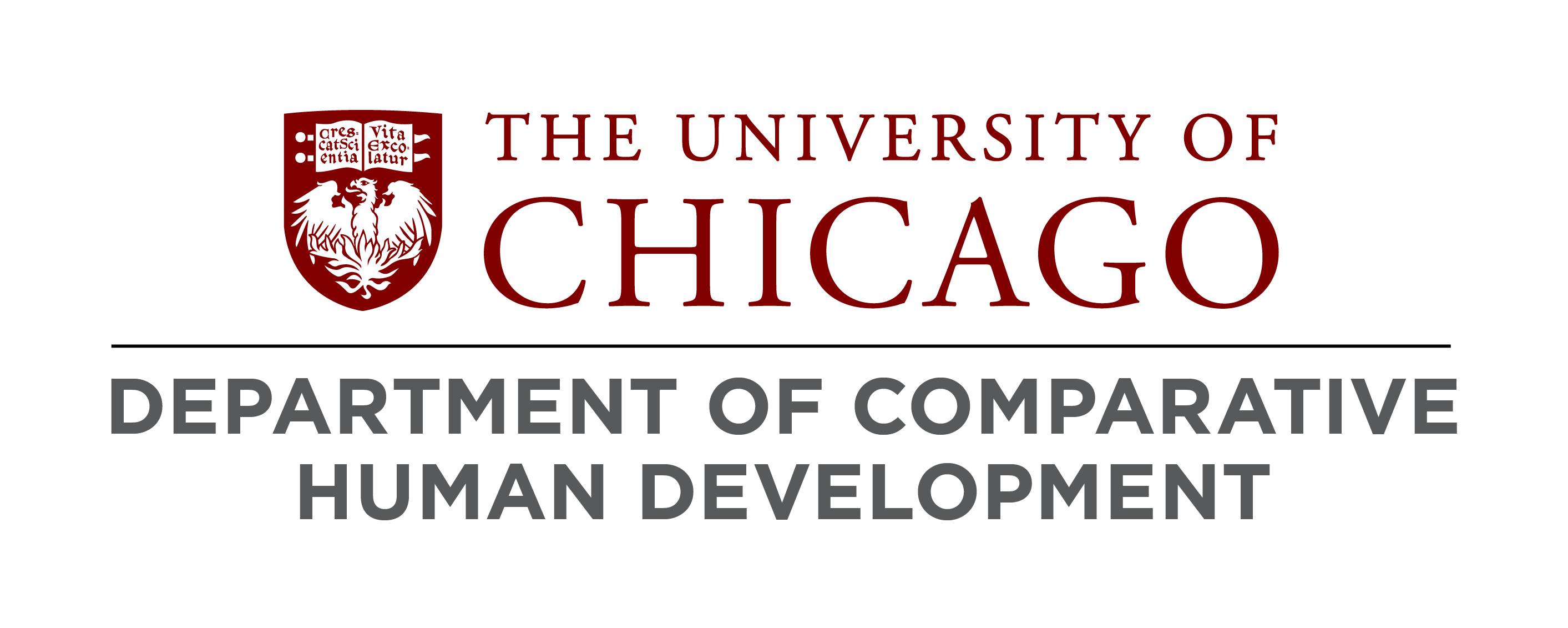Ken Chih-Yan Sun, Associate Professor of Sociology and Criminology, Villanova University
The Micro-politics of Recognition and Care: How Adult Children in Urban China Negotiate Relationships with Emigrant Siblings
Abstract: Drawing on 65 qualitative interviews, this research develops the concept of “economies of recognition” to analyze the moral frames that siblings caring for left-behind parents in China use to negotiate intimate connections to their emigrant brothers and sisters. We argue that the impact of family dislocation on sibling relations is shaped by family members’ co-constructed relational infrastructure. Our findings identify four types of relational infrastructure—collaboration, intrusion/interference, voluntary takeover, and feeling left behind—that mediate the impact of geographic proximity on parental caregiving. We suggest that the interplay between physical distance and elder care is emotionally experienced, interactionally evaluated, and symbolically understood. Understanding solidarity, conflicts, and ambivalence in the contexts of family crisis requires a close examination of how members of a care network attribute each other’s roles and contributions to power symmetry or asymmetry. This explains why the advice, information, money, people, and emotions that are circulated are thought of as helpful resources in some cases but perceived as constraints in others.
Susan Goldin-Meadow discusses Thinking with Your Hands: The Surprising Science Behind How Gestures Shape Our Thoughts. She will be joined in conversation by Sandra Waxman. A Q&A will follow the discussion.
About the Book: We all know people who talk with their hands—but do they know what they’re saying with them? In Thinking with Your Hands esteemed cognitive psychologist Susan Goldin-Meadow argues that gesture is vital to how we think, learn, and communicate. She shows us, for instance, how the height of our gestures can reveal unconscious bias, or how the shape of a student’s gestures can track their mastery of a new concept—even when they’re still giving wrong answers. She compels us to rethink everything from how we set child development milestones, to what’s admissible in a court of law, to whether Zoom is an adequate substitute for in-person conversation. Sweeping and ambitious, Thinking with Your Hands promises to transform the way we think about language and communication.
Séamus Power, World-Making: Field social psychology and processes of social change
Abstract: I introduce the idea of social psychology as world-making. This conceptualization, illuminated by field research, aims to re-expand the dominant social psychological paradigm and create space for different ways of thinking about social psychology. I illustrate the forms and possibilities of this approach through various research projects. First, I will discuss my research on social change and protest movements. Next, I will discuss how social psychology contributed to the making of new social realities, and to the study of people making these social realities, in the context of Covid-19. Third, I will present research illustrating that multiculturalism, not ethnonationalism, is the dominant cultural model in the United States. I end by outlining the big questions that motivate my current and future research and by considering the implications of viewing social psychology as world-making.
Casey Stockstill, Dept of Sociology, Dartmouth
False Starts: The Segregated Lives of Preschoolers
Since Head Start began in the 1960s, policymakers and academics have celebrated preschool as an anti-poverty policy. Drawing on two years of observations that centered children’s experiences in two different preschools, I show how preschools entrench rather than disrupt inequality. In no small part this happens because preschools across the nation are more segregated than elementary, middle, or high schools. I show how such segregation played out in the lives of poor children of color in one preschool and white, affluent, children in another. Racism and the harshness of US poverty had troubling implications for children’s time use, peer interaction, access to objects, and sense of closeness with teachers. Rather than give children a complete, early advantage, I argue that segregated preschools give children a false start to experiencing full membership in the social world of schools.
Tracie Canada, Assistant Professor, Cultural Anthropology, Duke University
“I’m just an X in their playbook”: Care and Concern for Black Football Bodies
Abstract:
While the team is the most normative notion of community and family in American football, I challenge the effectiveness of this trope for Black college football players. Football performs what I call corporeal concern, a kind of bodily maintenance that is invested in extracting a player’s productive value on the field. Players are datafied and quantified in a way that ultimately makes them legible to Football as individual bodies that matter for the good of the team. Thus, corporeal concern, an anti-Black strategic ploy disguised as care, is motivated by a capitalist impulse that exploits predominantly Black athletic labor.
Rogers Brubaker, Distinguished Professor, Sociology, UCLA
Digital hyperconnectivity and politics: between populism and technocracy
Abstract:
Digital hyperconnectivity has reshaped political life by transforming regimes of knowing, regimes of feeling, and regimes of governing. It has altered ways of knowing the public world by weakening epistemic authority, reinforcing epistemic suspicion and distrust, and eroding the foundations of a shared public world, contributing thereby to epistemic paralysis on the one hand and epistemic polarization on the other. Hyperconnectivity has altered regimes of public feeling by encouraging the expression and mobilization of moral outrage and thereby deepening partisan antipathy and affective polarization. And it has altered regimes of governing by enabling new modalities of algorithmic regulation, public and private. The talk concludes by highlighting the tension between the technocratic premises and modalities of algorithmic governance and the populist regimes of digitally mediated knowing and feeling and by specifying how hyperconnectivity can promote both populism and its seeming antithesis, technocracy.
 THE UNIVERSITY OF CHICAGO
THE UNIVERSITY OF CHICAGO

